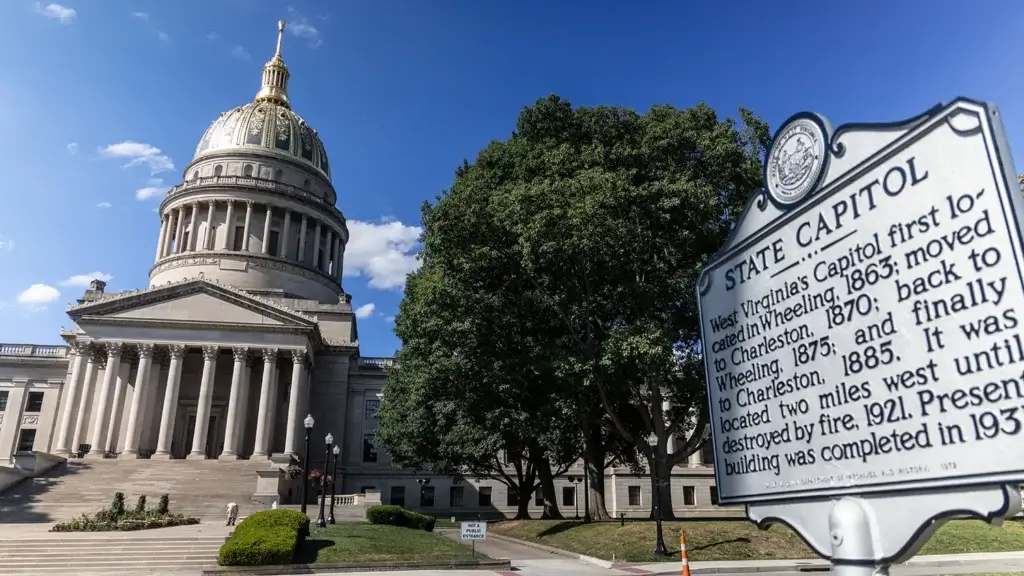WVBCT legislative package aims to protect WV workers, support fair bidding, and strengthen the construction industry through bipartisan reform.
A three-bill legislative package backed by the West Virginia Building and Construction Trades (WVBCT) was introduced in the West Virginia House of Delegates in early February. Authored in part by WVBCT representatives, the legislative package aims to improve construction policy, protect WV workers, and expand opportunities for local contractors and skilled tradespeople across the state.
Bipartisan Support for Pro-Worker, Pro-Taxpayer Reform
All three bills were introduced by Republican Labor Caucus Chairman Evan Worrell (R-Cabell) and quickly gained bipartisan momentum. The sponsor list filled to capacity with support from:
Mark Dean (R-Mingo), Chris Toney (R-Raleigh), Bill Flanigan (R-Ohio), Erica Moore (R-Roane), Bryan Smith (R-Taylor), Jordan Bridges (R-Logan), Dave Foggin (R-Wood), Andy Shamblin (R-Kanawha), Jimmy Willis (R-Brooke), Ryan Browning (R-Wayne), and Jeff Eldridge (R-Lincoln).
This overwhelming support signals growing interest in responsible construction policy that both benefits taxpayers and protect WV workers.

Breakdown of the WVBCT Legislative Bills
HB 3184 – The Local Government Freedom Act
This bill provides legal protections for cities and counties to award public contracts to the lowest responsible bidder, not just the lowest. It also gives these entities the option to enter into Project Labor Agreements (PLAs), ensuring stability, quality, and local job creation. HB 3184 helps eliminate the fear of litigation for public agencies choosing contractors with clean safety records and fair labor practices.
HB 3185 – The Taxpayer Protection Act
HB 3185 targets a growing concern in the industry: the misclassification of workers. By cracking down on employers who incorrectly label employees as independent contractors, this bill protects worker rights and prevents the state from losing valuable tax revenue.
HB 3186 – The WV First Act
This bill strengthens the West Virginia Jobs Act, requiring that any publicly funded project—even those with just $1 of taxpayer money—prioritize local workers. It also mandates the WV Department of Labor to maintain a publicly accessible database of certified payroll records to enhance transparency and enforcement.
Major projects such as those involving Nucor Energy and Form Energy could have resulted in greater local hiring if the WV First Act had been in place sooner.

A Path Forward for WV’s Skilled Workforce
These bills represent a fair, effective partnership between labor organizations and elected officials. They reflect a shared goal: to protect workers, support responsible contractors, and ensure taxpayer dollars are used to build a stronger, more self-sufficient West Virginia.